San Francisco-based Boost Biomes has raised a $2.05 million seed round to continue to develop its DNA-sequencing- based microorganism discovery platform, led by Nimble Ventures and hedge fund Viking Global Investors. Chinese internet, mobile, and telecom giant Tencent also participated in the round.
Cofounder of Boost Biomes Rob McBride contends that the major challenge in working with microbes, as all agtech firms creating biological crop inputs do, is finding the right microbes to trigger the desired outcome.
“The key to leveraging microbes to impact food sustainability challenges is figuring out how to sift through enormous diversity and identify specific microbes, or groups of microbes, that will have an
impact in real-world conditions,” said McBride. “Our goal is to demonstrate that our approach can sift diversity more efficiently and arrive at solutions that are more effective than traditional approaches.”
McBride and cofounder Jamie Bacher met while both working at Sapphire Energy, a San Diego-based company converting algae into biofuels where they realized that controlling the microbiome could mitigate all issues. Third co-founder Adam Arkin brought the DNA-sequencing discovery process to the table.
“Microbiomes are very powerful, and if we can understand their interactions, we have a basis for changing microbiomes from dysbiotic states to functional states,” explained McBride.
Boost Biomes uses DNA-sequencing to study microbiomes and identify interactions that have desired outcomes — in this case, combatting common crop threats. The company samples the microbiome in question, enriches the environment to make interactions easier to spot, and then uses high-throughput next-generation sequencing to identify “commercially relevant” microbial products.
“From that analysis, we get an understanding of the key interactions that microbes have with each other. Now that we know those interactions we can leverage them,” said McBride, who explained that the cloud-based process uses bioinformatic processing and “quite a bit of math,” resulting in “a network visualizition” of how microbes interact with eachother.
Bacher explained that this process sets Boost Biomes apart from the most common methods of microbe discovery.
“There’s a lot of technology that will infer or predict interactions [between microbes]. We’re doing something quite different because we bring those microbiomes into the lab and we culture them. We’re actually getting an experiemental look at those interactions instead of a predicitve look that you’d get in a more traditioanl approach,” said Bacher.
Though the team intends to eventually branch outside of agriculture, they are starting with crop protection products since they belevie the impact of their technology will be easy to prove in this application and getting a product to market will be much quicker than other fields such as human health.
Boost Biomes is starting with combatting a fungus commonly threatening strawberries – the company has been incubated at Western Growers Center for Innovation & Technology in Salinas, CA, which is surrounded by strawberry growers.
“Soil fungi are very hard to manage, and strawberries are particularly sensitive to it,” explained McBride.
The chemicals commonly used to mitigate this issue are toxic and harmful said, McBride. The state of California has actually banned methyl bromide in recent years, the most commonly used chemical to combat fungus, leaving a list of less effective and in some cases equally harmful options.
“It’s small, its trackable, and will allow is to move quickly,” said McBride of the first problem Boost Biomes hopes to tackle.
The company will use the new funding to conduct pilots with The Strawberry Center at California Polytechnic State University, funded in part by the California Strawberry Commission.
Initially, Boost Biomes plans to manufacture its own biological crop inputs, but will eventually seek to partner with manufacturers.
“We think that the platform is the core value here. We’re not set up to have huge manufacturing capacity. If there’s an opportunity to spin out a product or to license a product in specific areas that is something we would consider,” said McBride.
After proving out their technology through pilots in agriculture, Boost Biomes hopes to eventually move on to human health applications, where the development and regulatory burden are more expensive. Though, Boost Biomes’ first strawberry product will still require EPA approval since it will have a biopesticidal claim.
Boost Biomes is also a graduate of Illumina Accelerator and is currently a resident company at Johnson & Johnson Innovation JLABS.

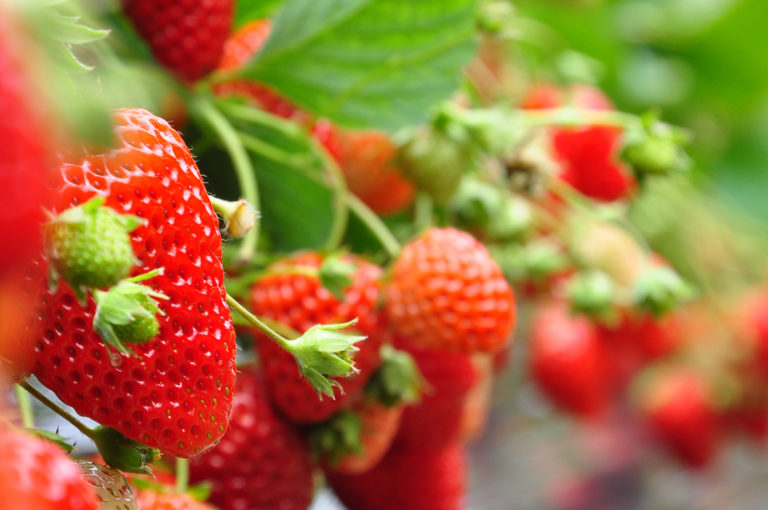


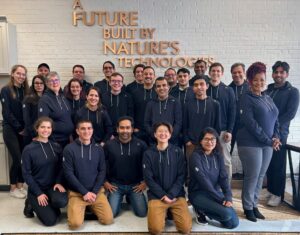
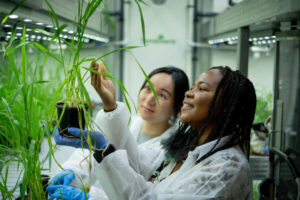

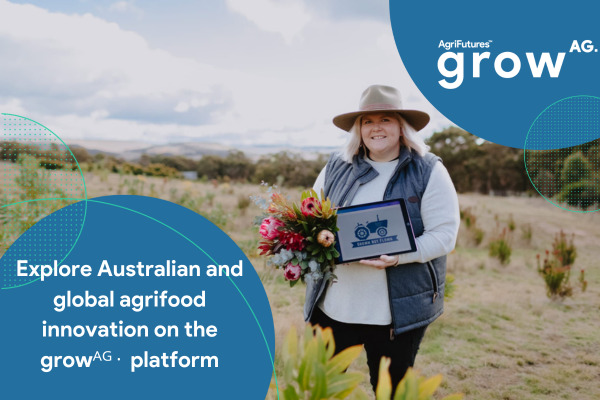



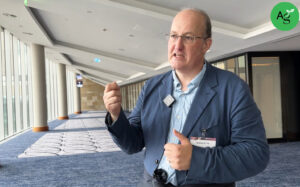



Sponsored
Sponsored post: The innovator’s dilemma: why agbioscience innovation must focus on the farmer first